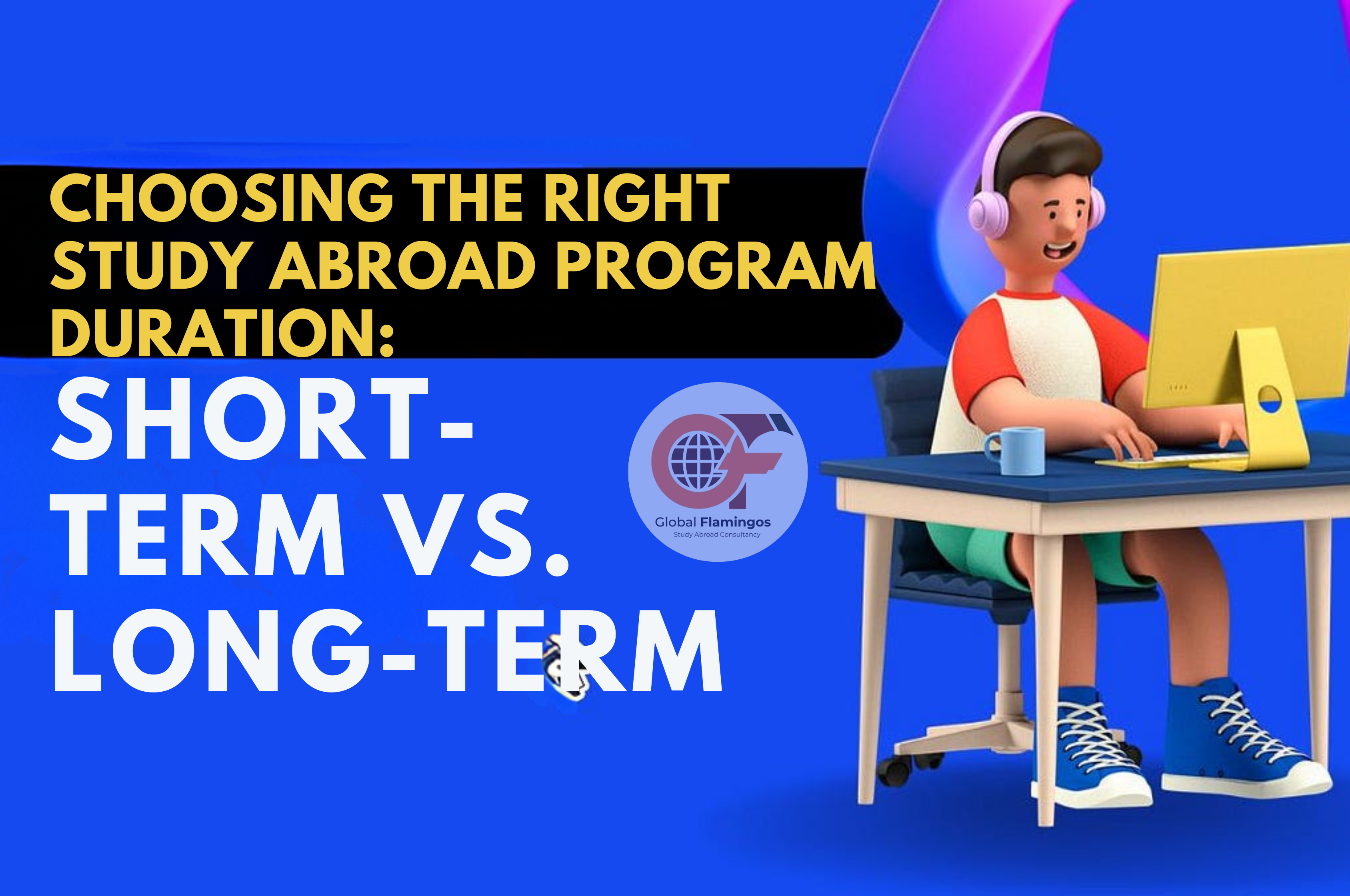Deciding between semester, summer, and year-long programs can be a complex process, each offering distinct experiences, challenges, and benefits. Embarking on a study abroad program is a transformative journey that broadens horizons, nurtures cultural awareness, and fosters personal growth. This decision fundamentally affects the academic, personal, and professional outcomes of your time abroad. Let’s explore these program durations in depth to help you make an informed choice.
Semester Programs: A Happy Medium
Semester programs, typically lasting three to four months, are arguably the most popular choice among students. These programs offer a golden mean, providing ample time to immerse in a new culture without a lengthy commitment away from home.
Pros:
- Academic Integration: Semester programs align well with most home university schedules, making credit transfer relatively straightforward.
- Cultural Immersion: With a few months at your disposal, you have the opportunity to delve deeper into the host country’s culture, traditions, and daily life.
- Cost-Effective: Considering the duration and experience gained, semester programs often offer good value for money.
Cons:
- Missing Out Back Home: Participating in a semester abroad might mean missing out on activities and events at your home institution.
- Adjustment Period: It sometimes takes a while to acclimate to a new environment, which can eat into the time you have to enjoy your stay.
Summer Programs: Short and Sweet
Summer programs are brief, usually ranging from two to eight weeks, providing a concentrated experience that fits neatly into the traditional academic calendar’s summer break.
Pros:
- Less Time Away: For those hesitant to spend long periods away from home, summer programs provide an international experience without a significant time commitment.
- Diverse Course Offerings: These programs often focus on specific topics, offering unique courses that might not be available during the semester.
- Minimal Disruption: By traveling during the summer, you won’t need to worry about missing on-campus activities or courses.
Cons:
- Rushed Experience: The brevity of summer programs can make them feel rushed, leaving little time for deep cultural immersion or extensive travel.
- Intensive Schedules: The condensed nature means a more rigorous schedule, which can be both academically and socially demanding.
Year-long Programs: The Deep Dive
For those seeking the most immersive experience possible, year-long programs provide an unparalleled depth of engagement with the host culture, language, and academic community.
Pros:
- Full Integration: An entire year abroad allows for a profound connection with the local culture, language proficiency, and lasting relationships.
- Personal Growth: The extended time challenges you to become more adaptable, independent, and self-reliant—traits highly valued by employers.
- Academic Benefits: A year-long program can offer a broader range of course selections, research opportunities, and internships.
Cons:
- Financial Investment: These programs can be costly, requiring careful financial planning and potentially more student loans or scholarships.
- Time Away: You’ll be away from your home university for a significant period, which might affect relationships and involvement in long-term projects or extracurricular activities.
Decision Making: Key Considerations
When choosing the duration of your study abroad program, consider the following:
- Goals: Reflect on what you want to achieve through your study abroad experience. Whether it’s language proficiency, cultural immersion, or specific academic credits, your goals can significantly influence the ideal program length.
- Responsibilities: Consider any obligations you have at your home institution or personally that might affect the feasibility of being abroad for an extended period.
- Budget: Financial constraints play a crucial role. Longer programs offer deeper experiences but come at a higher cost.
- Flexibility: Some degree programs or future career plans require flexibility in timing and duration. Choose a program that aligns with these considerations.
Conclusion
Selecting the right study abroad program duration is a personal decision heavily influenced by individual goals, academic requirements, financial capacity, and personal commitments. While semester programs offer a balanced experience, summer programs allow for a quick yet enriching glimpse into a new culture, and year-long programs provide an immersion unlike any other. Whichever you choose, studying abroad is a once-in-a-lifetime opportunity that promises not just to enhance your resume but to change your perspective on the world. Prioritize your objectives, consider your circumstances, and embrace the adventure that awaits.



